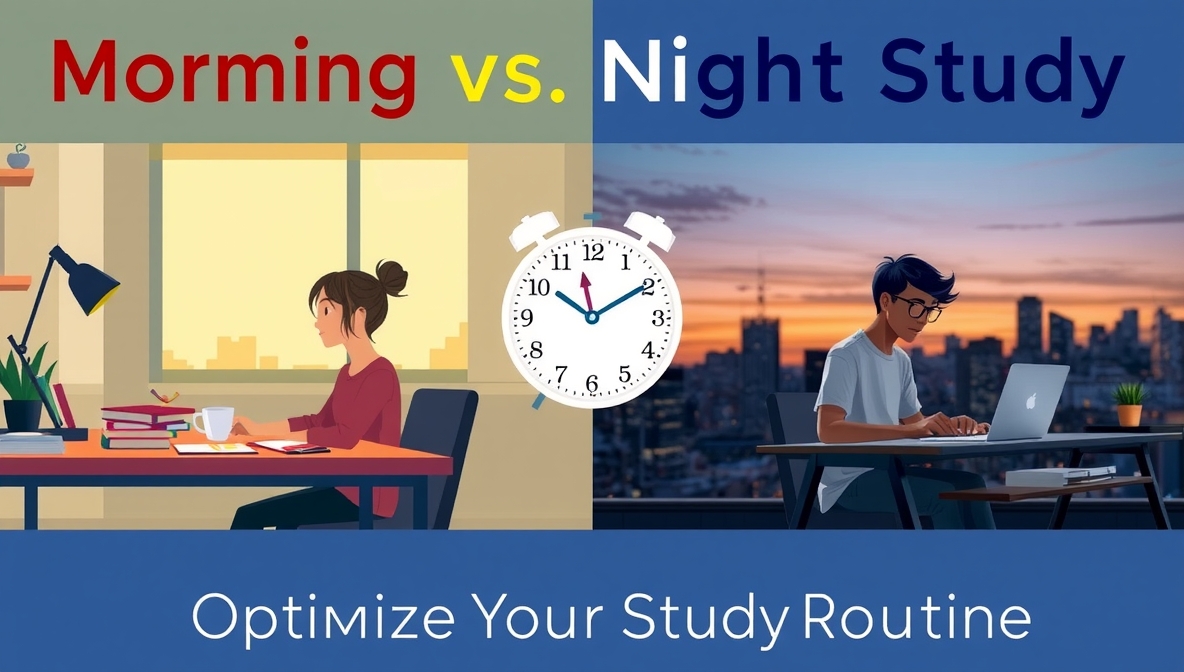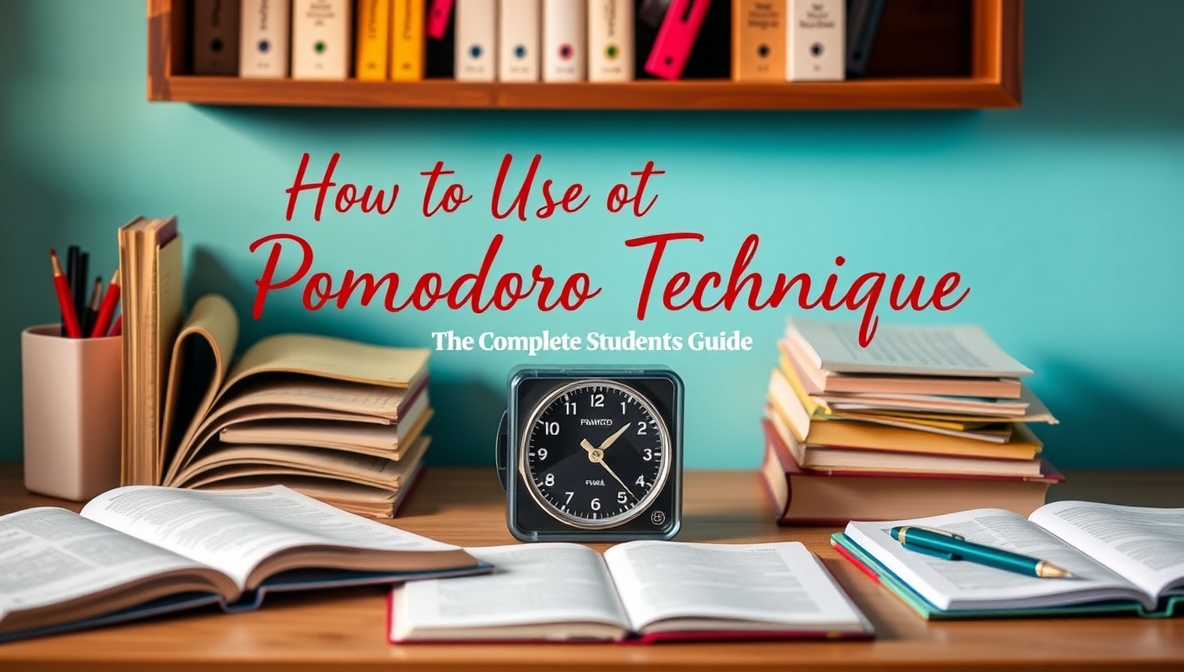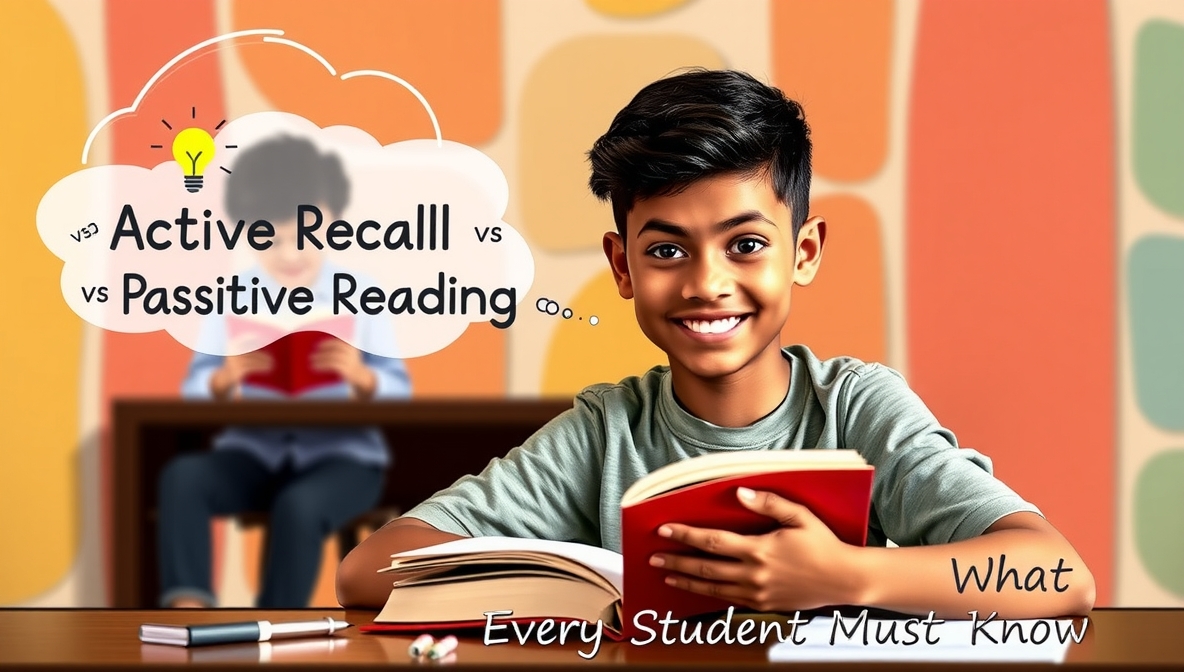Morning vs. Night Study: Which is Better and Why? The Science Behind Optimal Study Timing
The question of whether to study in the morning or at night has sparked debates in dormitories, libraries, and academic forums for generations. Some students swear by the crisp clarity of dawn study sessions, while others insist their minds only truly awaken after sunset. The truth, as research reveals, is far more nuanced than a simple "one-size-fits-all" answer. Your optimal study time depends on a complex interplay of biological rhythms, cognitive processes, lifestyle factors, and individual differences that make each person's ideal learning schedule unique.



